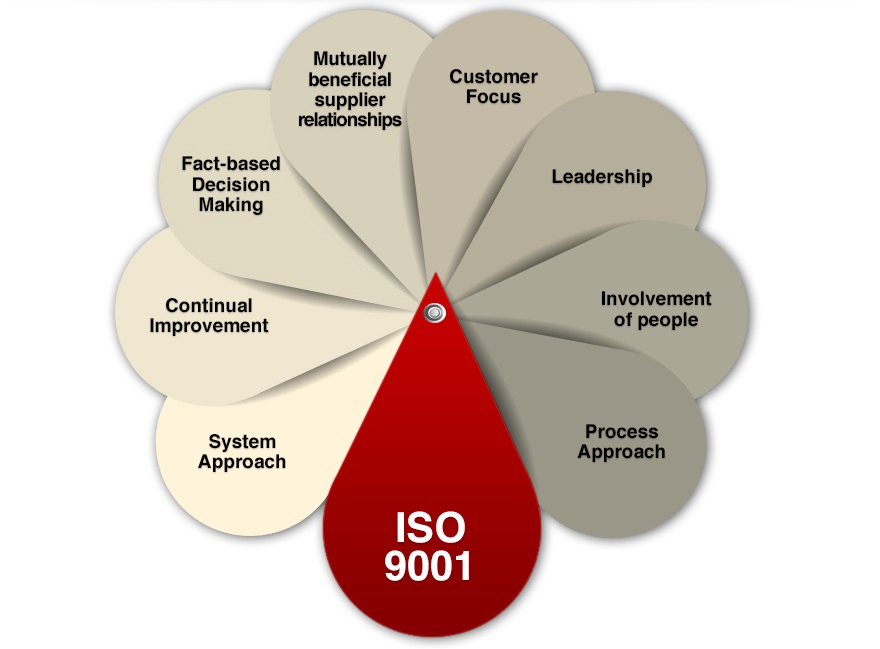Lokalise

Amazon Translate
1st November 2024
Phrase
1st November 2024Lokalise is another popular cloud-based translation and localization management platform, designed to simplify the process of translating and localizing digital products such as apps, websites, and software. Similar to Transifex, Lokalise offers a suite of tools and features to help teams collaborate, automate workflows, and scale localization projects across multiple languages.
Key Features of Lokalise:
- Collaborative Translation Management: Lokalise allows multiple team members (translators, project managers, developers, and designers) to work together in real-time. It also provides tools for feedback and review, improving collaboration and ensuring high-quality translations.
- Integration with Development Tools: Lokalise integrates seamlessly with version control systems like GitHub, GitLab, Bitbucket, and others. This integration ensures that translation updates are automatically synced with the source code repository, streamlining the localization process.
- Automation: Lokalise supports automated workflows to save time and reduce manual work. This includes automatic translation updates, push/pull to version control, and even integration with third-party machine translation engines.
- Translation Memory: Like Transifex, Lokalise uses translation memory, which stores previously translated content to reuse it in future projects. This ensures consistency, reduces translation costs, and accelerates the process.
- Support for Multiple Formats: Lokalise supports a wide variety of file formats, including JSON, XML, .po, .xliff, and more. This flexibility makes it easy to work with different content types, from software strings to documents and web content.
- In-Context Translation: Lokalise allows translators to see the context of the text they are translating, either by previewing the content in the app or through screenshots. This ensures that translations are accurate and contextually appropriate.
- Machine Translation: Lokalise integrates with machine translation services like Google Translate, DeepL, and Microsoft Translator to provide initial automated translations. These can be further reviewed and edited by human translators.
- Analytics and Reporting: The platform offers reporting and analytics tools that help track the progress of localization projects. It provides insights into translation quality, team productivity, and project timelines.
- Mobile App Support: Lokalise is optimized for mobile app localization, offering features such as real-time updates for mobile development teams and easy integration with app platforms like iOS and Android.
- Security and Access Control: Lokalise offers enterprise-grade security, including features like role-based access control, data encryption, and secure file transfers, to ensure the safety of sensitive content during the localization process.
Conclusion:
Lokalise is designed to optimize and simplify the localization process, providing a comprehensive platform that meets the needs of development teams, translators, and project managers. Its robust set of features, integrations, and automation capabilities make it an excellent choice for companies looking to localize their digital products efficiently and at scale.


